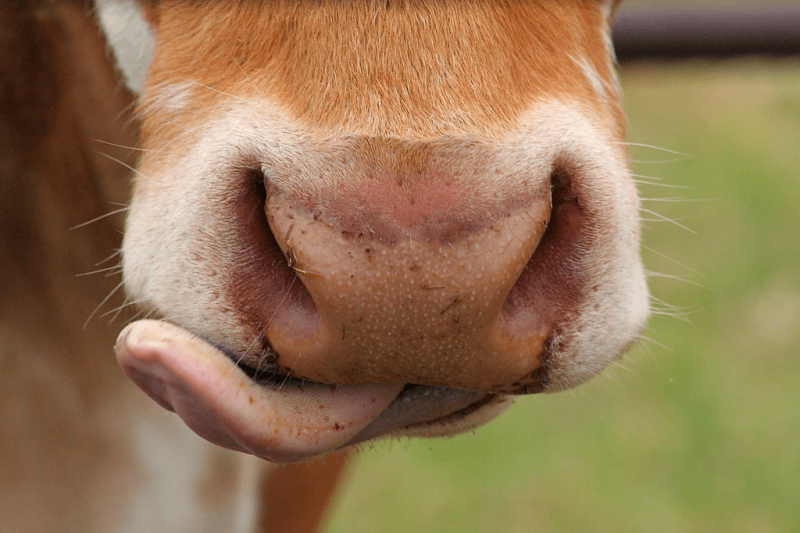Scientists and companies are coming up with plenty of ways to curb cow methane, from simply changing their food source to breeding “green” animals. Thanks to a $70 million grant from the TED Audacious Project, scientists from the Jennifer Doudna, Ph.D.-founded Innovative Genomics Institute hope to soon be working on another solution: editing the genomes of cows’ microbiota.
“I think the potential here is enormous,” Brad Ringeisen, Ph.D., the institute’s executive director, told Fierce Biotech Research in an interview. “This technology—if we’re able to develop it and make it work—will be coming of age at a perfect time for the world.”
Once the researchers are able to deliver editing machinery into the microbes, they’ll then look at how to get the treatment successfully to the cow’s digestive system. That will most likely happen in the form of an oral pill that’s given early in the animal’s life, when there’s the greatest potential for making long-lasting changes to its gut bacteria, Ringeisen said.
“That way we can create a stable, low-methane microbiome,” he explained. “We want a permanent solution.”































